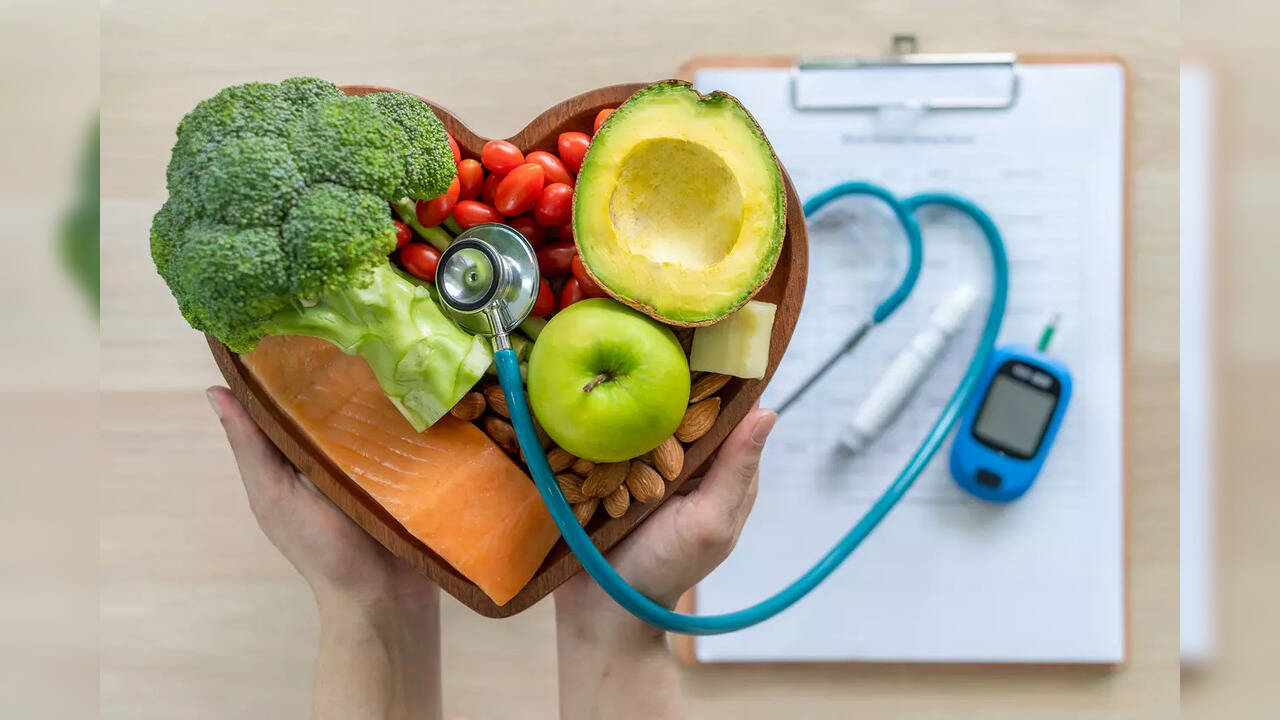5 most common nutritional deficiencies
Prolonged insufficiency of a nutrient in the body can result in nutritional deficiencies. While medications and supplements can prove to be an effective way to manage these deficiencies, regulating a healthy lifestyle and diet is also recommended.

New Delhi: Nutrients play an important role in maintaining a healthy and functioning body. The imbalance of the same can result in unwanted health complications. Prolonged insufficiency of a nutrient in the body can result in nutritional deficiencies. While medications and supplements can prove to be an effective way to manage these deficiencies, regulating a healthy lifestyle and diet is also recommended.
Common nutritional deficiencies
Here are some common nutritional deficiencies to look out for:
Iron deficiency: This deficiency can lead to iron deficiency anaemia and may cause shortness of breath, excessive fatigue, and memory issues. You can combat iron deficiency through food such as liver, broccoli, seeds, etc.Vitamin D deficiency: The deficiency of this nutrient can cause depression, loss of appetite, reduced immunity, etc. Apart from sunlight, you can fulfil your vitamin D requirements by consuming salmon, eggs, and fortified cereals.Calcium deficiency: This deficiency is a common cause of weakened bones and muscles. Some foods that can help you get your daily dose of calcium are milk, spinach, and cheese.Magnesium deficiency: This type of deficiency is caused due to the lack of magnesium in the body. Some signs of magnesium deficiency are abnormal heart rhythm, fatigue, nausea, etc. Some foods that can help you get your daily dose of magnesium are green leafy vegetables, dark chocolate, and legumes.Iodine deficiency: This common deficiency can have extremely uncomfortable consequences. Some common signs of an iodine deficiency are thinning of hair, goitre, dry skin, etc.
Disclaimer: Tips and suggestions mentioned in the article are for general information purposes only and should not be construed as professional medical advice. Always consult your doctor or a dietician before starting any fitness programme or making any changes to your diet.
Trending:
End of Article
Subscribe to our daily Lifestyle Newsletter!
Related News





World Malaria Day 2024: Doctor Shares Tips To Combat The Vector-Borne Disease

World Malaria Day 2024: Check Here The Date , Theme, History And Significance Of The Day

World Malaria Day: Warning Signs Of The Vector-borne Disease You Must Know

Global Warming To Increase Stroke Risk? Here’s What Study Says

Yoga For Morning: 8 Best Yoga Poses To Do Every Morning









